“Swiss CNC machining, also known as a Swiss-type lathe or a Swiss automatic lathe, is a modern tool that can make very small parts quickly and accurately.”
Do you know how small parts and components like watch parts and medical implants are machined? The Swiss CNC Machining technology precisely creates several tiny components for diverse uses.
Initially, it was limited to making things like screws, needles, and small sizes shapes. However, now Swiss machines can create complex pieces without any turned surfaces. Furthermore, we will discuss the operations, advantages, and use of CNC Swiss machining in detail.
What is a Swiss CNC Machine?
This technology was invented at a watch-making factory in Switzerland in the 1970s. It is the manufacturing equipment referred to as a Swiss CNC machine or automatic Swiss lather. You can say that a Swiss machine is like a lathe; it rotates the part it’s cutting. The difference is that it also moves the part back and forth against a spinning tool. This extra movement helps Swiss machines make things with very exact measurements.
The Swiss CNC Machining Process
Swiss CNC Lathe
The Swiss CNC machine guides a long metal bar through a supporting part, holding it firmly as it goes into the cutting area. Just the section of the metal bar that needs work moves into the cutting area, making it steady and accurate.
In a regular CNC lathe, the piece stays still and spins fast. It’s held tight on one or both ends. But with an automatic Swiss lathe, the piece can spin and move back and forth on the Z-axis while tools shape it. Swiss machines can do many things at once in different areas, whereas CNC lathes perform one operation at a time.
Try Prolean Now!
What are the Advantages of Swiss Machining?
Brass Swiss cnc machining
Now, Swiss machining is not limited to the watch industry. The Swiss lathes can make tiny and precise parts fast. So, they have numerous advantages in manufacturing small and detailed parts.
1. Precision
Swiss CNC machining supports the workpiece well during machining. So, it reduces the tool deflection and vibrations that ensure the machining of precision-sensitive parts for electronics, aerospace, and medical. ( 0.0002″ of tolerance).
2. Complex Shapes & Components
Again, because of the guide bush support, Swiss machines can create intricate parts with thin walls and delicate features that other machines can’t. For instance, injector nozzles and transmission pins for an automotive.
- Long & slender geometries
- Concentric or eccentric tapers
- Undercuts and deep holes
- Threading on small diameter
3. Fast Machining Speed
The advanced Swiss lathes can execute more than one tool path in a single cycle. As a result, it can perform operations like cutting, drilling, and turning simultaneously. Additionally, the high RPM reduces the cycle time.
4. Minimal Post-processing
Typically, the Swiss CNC machined parts are finished or nearly finished. The reason is minimal tool deflection and a single machining cycle for multiple operations. Thus, they required minimal post-processing operations.
5. Consistent Result
The Swiss CNC machining process produces dimensionally consistent components throughout the batches. It can maintain repeatability even for the small ones.
What are the Disadvantages of Swiss CNC Machining?
This precise machining method has some limitations also. One main disadvantage is the workbar sizes. It can only be compatible with the size form(2 to 40 mm). Additionally, the feeding bar diameter needs to be consistent throughout the machining surface.
Other Disadvantages are;
- The tooling is complex and expensive
- The setup time is higher for a Swiss lathe due to the insertion of multiple cutting tools for a single production cycle.
- Higher heat generation and possible risk of damages.
Considering these drawbacks and adopting prevention or minimizing measures can reduce the possible impacts on machining quality.
The Swiss CNC Machining Materials
Swiss CNC machining works great with different materials, such as
- Copper
Like in other manufacturing, copper is popular for its excellent for electricity and heat. It is used for making electrical connectors, pins, sockets, and other things where electrical performance and heat are super important.
- Brass
Swiss machining often uses brass because it’s easy to work with. The result is to create precise parts like connectors, fittings, valve bodies, and cool-looking decorations.
- Nylon
Nylon is used to make super-accurate parts. It creates things like bushings, gears, and insulators because nylon slides easily is light, and doesn’t rust.
- Titanium
Titanium is used to make small but strong parts. Makes stuff for planes, medical implants, and other things that need to be both strong and light.
- Aluminum
Aluminum alloys are light, easy to shape, and don’t rust quickly. All of these properties are for airplanes, cars, and everyday things we use.
- Nickel
Nickel is mainly used in Swiss CNC projects to make parts that don’t corrode easily, can handle high heat, and conduct electricity well. For example, nickel parts in airplanes and electronics.
- Plastics
CNC Swiss can handle different sturdy plastics to make things for many industries. Plastics are an excellent choice for making stuff that slides easily, is light, doesn’t cost much, and doesn’t rust.
- Carbon Steel
Carbon steel is used to make parts that need to be tough and affordable. It makes things like car fasteners, shafts, gun parts, and pieces for big machines.
Try Prolean Now!
Which Industries Use Swiss CNC Machining?
Swiss CNC machining is useful in those different industries requiring small and precise parts. In the medical, they facilitate the manufacturing of various components like surgical instruments, orthopedic implants, dental implants, and catheters.
Swiss machining parts
Next, swiss machines make important aerospace pieces like aircraft fasteners, hydraulic fittings, and sensor housings.
In electronics, they create tiny and accurate electronic parts like connector pins, sockets, and contact probes.
Table: Swiss CNC Machining
| Industry | Application Examples |
| Aerospace | Hydraulic valves, turbine parts, fuel system components, aircraft fasteners, satellite components, etc. |
| Medical | Implants (e.g., hip, dental), catheter hubs, medical pins and clips, biopsy devices, etc. |
| Electronics | Precision pins, micro-switches, circuit board components, parts for camera & mobile devices, semiconductors, and sensor cases. |
| Automotive | Injector nozzles, fasteners, hydraulic system valves, small gears & bearing components, turbocharger components, and more. |
| Defense | Firing pins, optical device parts, precision fittings, navigation system components, drone & surveillance equipment parts, etc. |
Furthermore, the CNC Swiss machining mainly handles turning operations. You can read the comprehensive differences between Swiss Turning Vs. CNC Turning here.
Swiss CNC Machining vs. Conventional CNC Machining
The main difference is that the Swiss CNC machines involve an additional support mechanism for the workbar, called the guidebush mechanism. Additionally, swiss machining can use multiple tools in a single machining cycle.
Otherwise, both processes use CNC technology to convert the CAD file into a physical item.
Here are the key differences;
Table: Swiss machining vs CNC Machining
| Aspects | Conventional CNC Machining | Swiss CNC Machining |
| Movement | Operate in three directions: left/right, forward/backward, and up/down. | Move-in up to five directions for flexibility |
| Precision | Precise but not as exact as Swiss machines due to fewer controlled movements. | Super precise, controlling multiple movements for tight tolerances |
| Small Parts | Not much smaller | It can make tiny parts as small as 0.008″ with incredibly tight tolerances as low as .0002″ |
| Cost | Less expensive due to simpler movements | Pricier for complex movements |
Key Points for the CNC Swiss Machining Process
- If possible, simplify the design to reduce the number of operations and complexity. For example, use standard-size deep holes.
- Avoid or minimize the shape of internal corners. The corner radius should be more than the tool diameter. ( R = >d)
- The minimum wall thickness should be 0. 5 to 0.8 mm.
- Avoid features that require deep and narrow cavities, as they can be difficult to machine and may require special tools.
- Balance the tolerances with cost, if it is not absolutely necessary for the intended functionality. The tight tolerances increase the overall cost.
- Choose materials that are suitable for machining and consider the machining characteristics like hardness and grain structure.
Try Prolean Now!
Swiss Turning Services at ProleanTech
Along with the standard CNC Machining services, we offer specialized CNC Swiss turning services at ProleanTech. Our advanced Swiss machining facility and professional experts work closely with the client to produce accurate turned parts for diverse industries, including automotive, aerospace, medical, oil& gas, electronics, etc.
Furthermore, We provide a Surface Finishing Service for the machined items to meet the desired surface finish for their functionality or aesthetic. Thus, choose Prolean for your Swiss CNC machining projects. We make parts super precise and fast. Need ready-to-ship parts? We got that, too!
Summing Up
The widespread applications of Swiss CNC Machining can be seen in different industries, beyond watchmaking. The main difference of this machining approach is that it guides the workpiece, allowing for precise and rapid production of small, intricate parts.
Overall, this machining process is compatible with different materials like copper, brass, nylon, titanium, aluminum, plastics, and carbon steel. It has a significant role in modern manufacturing as it can handle various materials and make precise components for different industries.
FAQs
Is Swiss CNC machining more expensive than regular CNC? Yes! Swiss CNC machining costs more due to its higher precision and complexity of operations.
Are Swiss CNC Machining Products Durable?
Yes! They are highly durable. The precision and control of Swiss CNC machines allow for tight tolerances and high-quality materials usage.
What are Swiss CNC machine tools?
The Swiss CNC Tooling features guide bushes, sub-spindles, multiple axes, etc.
How does a Swiss CNC machine work?
A Swiss CNC machine feeds the workpiece through a guide bushing for stable machining with minimal deflection.

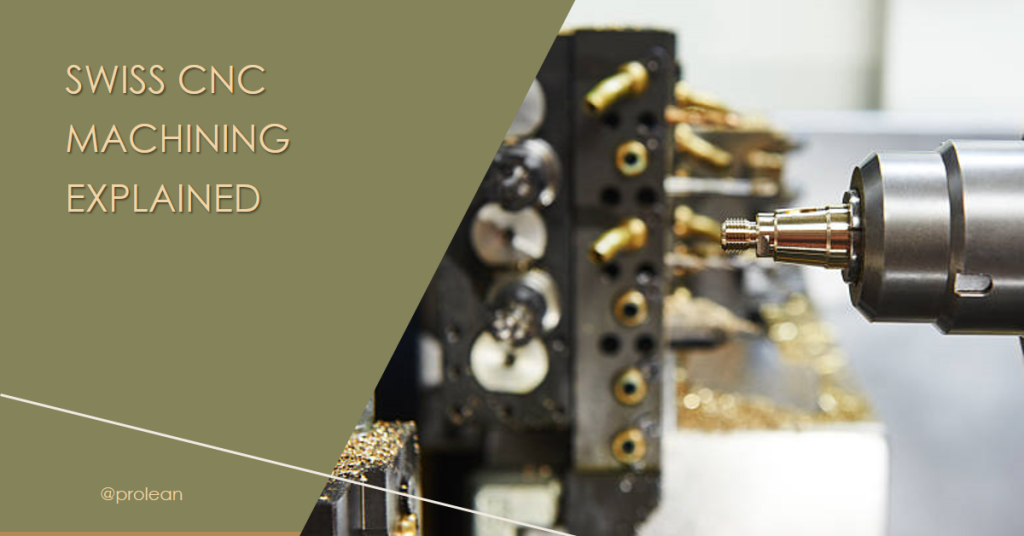
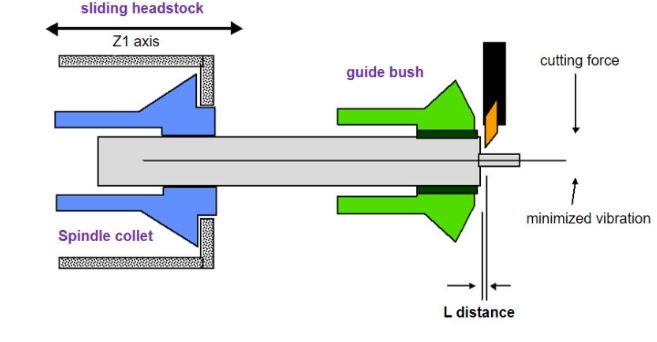
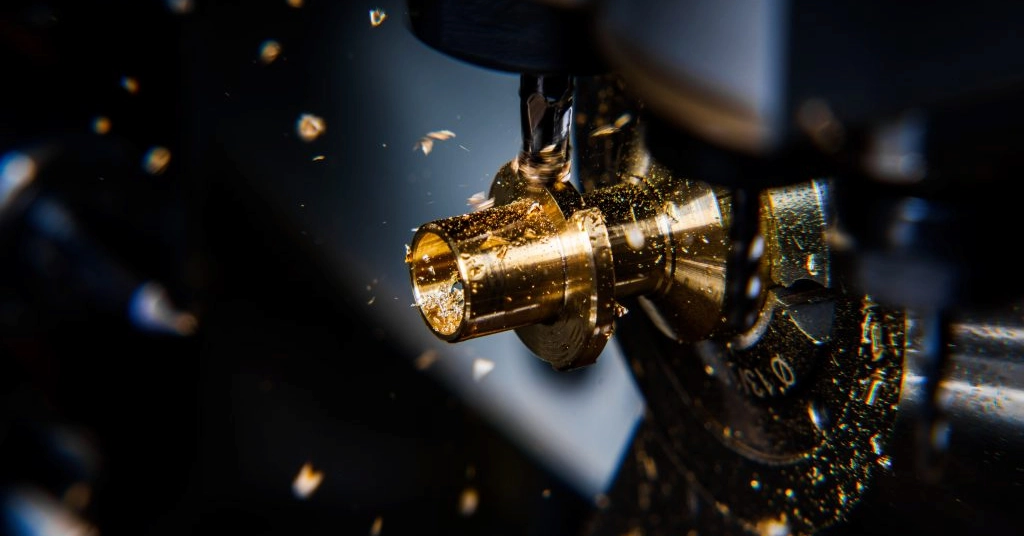
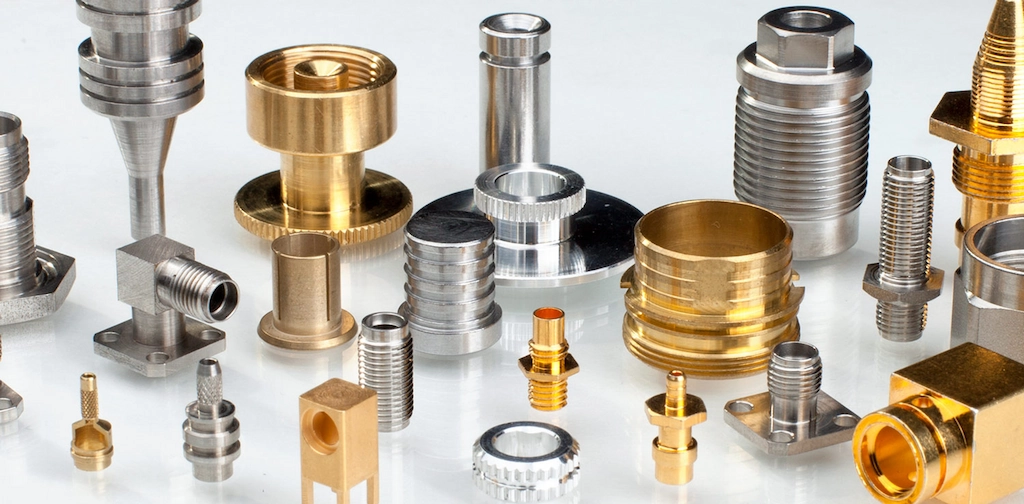
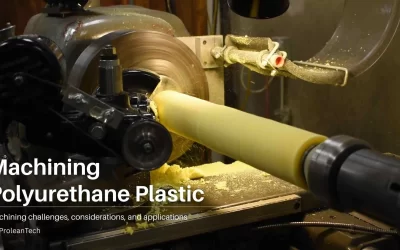
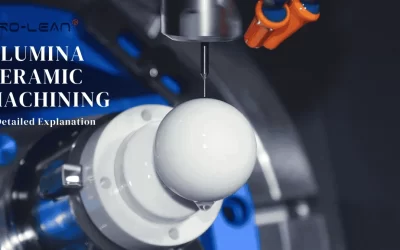

0 Comments